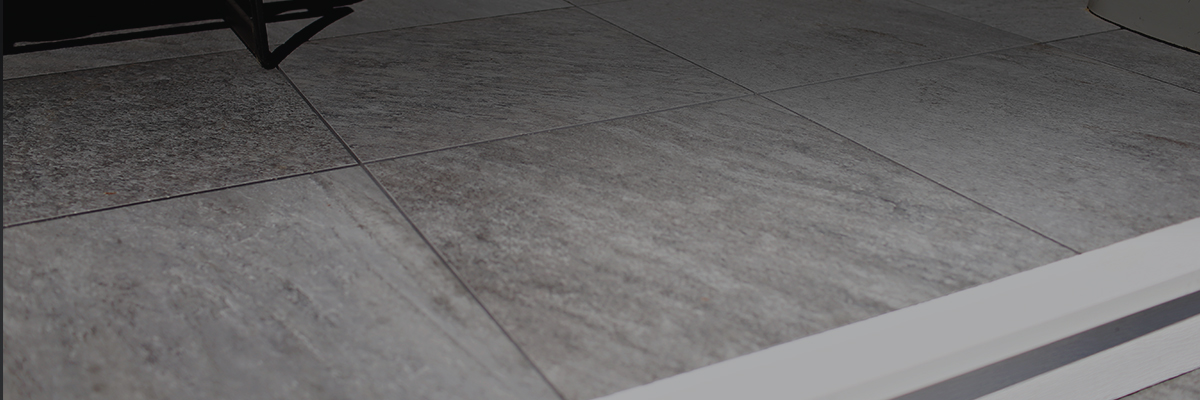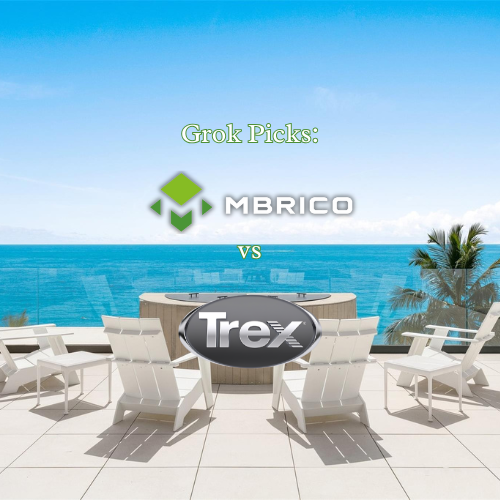
Trex is a leader in outdoor decking products, manufacturing a wood-alternative composite product for their exterior home spaces. For many homeowners, Trex is the go-to solution for decks and patios.
As a top product in the industry, Trex decks carry plenty of advantages for homeowners to enjoy, but how do they compare to Mbrico’s reinforced porcelain tile at patented systems? To offer an unbiased comparison, we asked Grok, the generative AI chatbot developed by xAI for X [formerly Twitter] to compare the two products. Here is the prompt:
“Compare Mbrico Tile Decks' reinforced porcelain tile to Trex composite products. Clearly define each category, define the strengths of both, but absolutely state which product holds the advantage as an outdoor decking product. These are the categories:
Aesthetics, Chromatic Stability, Cost, Durability, Eco-Friendliness, Freeze/Thaw Resistance, Heat Resistance, Installation, Longevity, Maintenance, Porosity, Scratch Resistance, Slip Resistance, Warranty, Weight Rating, Wind Uplift”
Read More: Mbrico vs Trex: Copilot Decides
This is the unbiased answer that Grok provided:
Here is a detailed comparison between Mbrico Tile Decks and Trex composite decking across the specified categories:
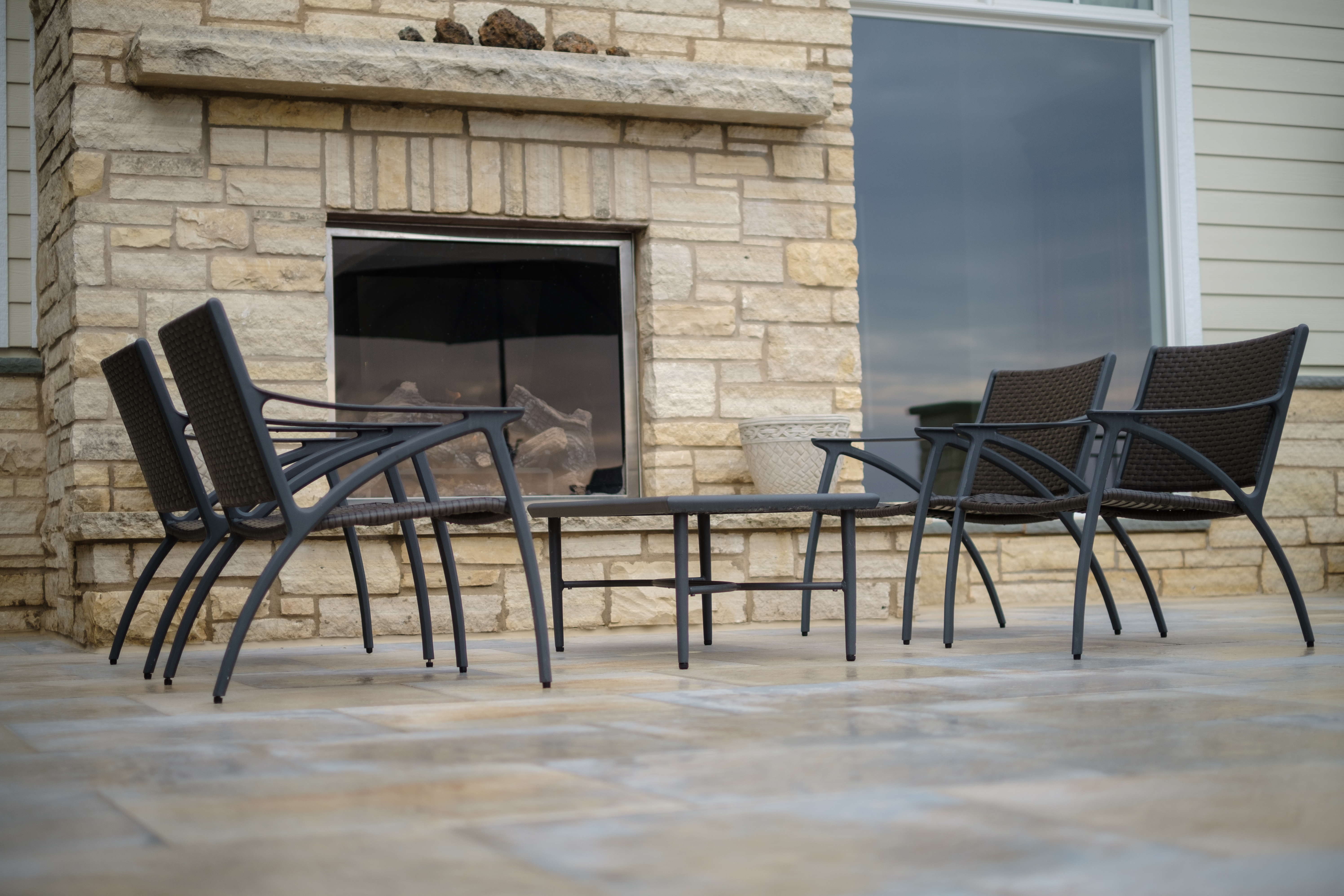
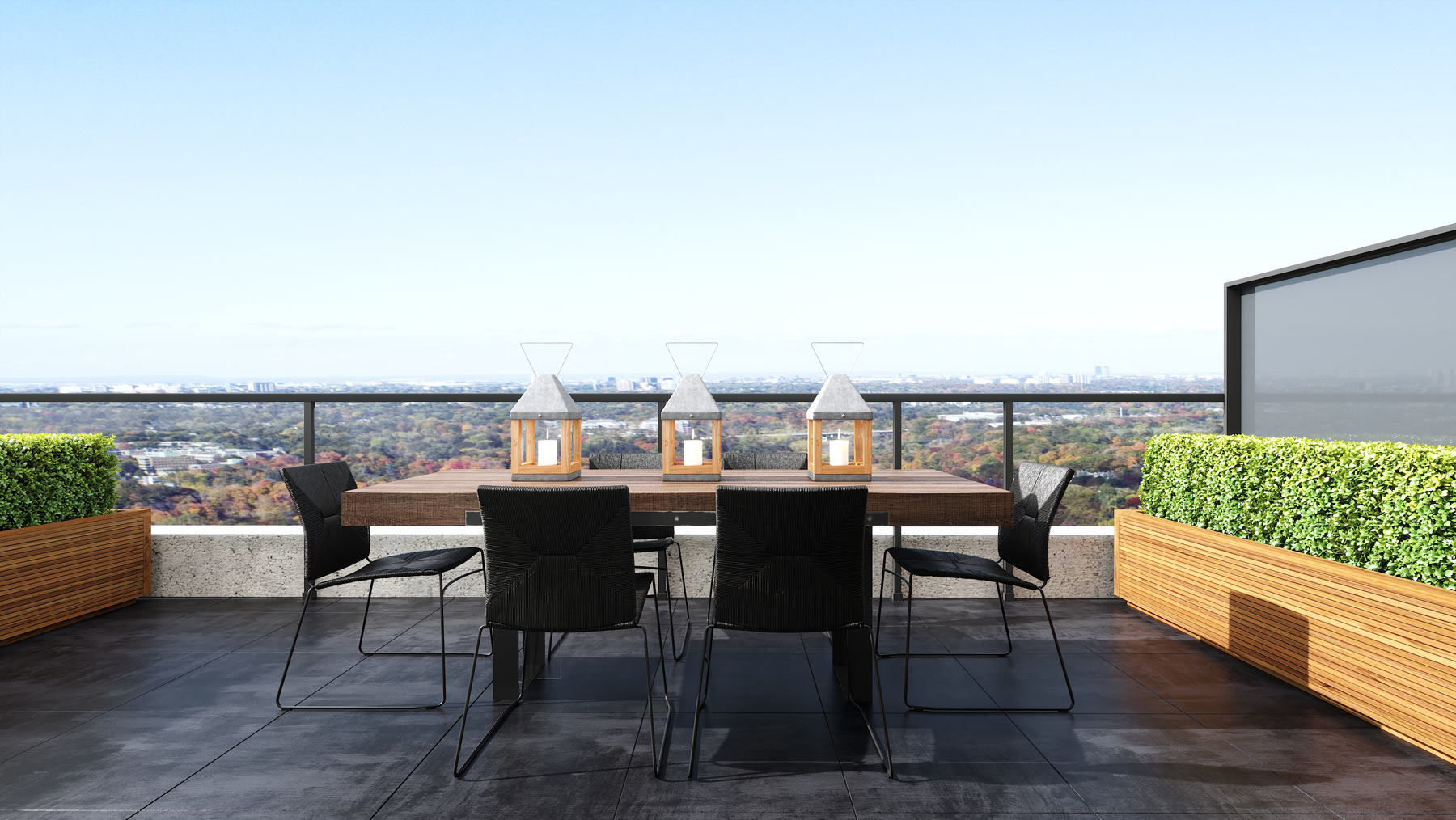
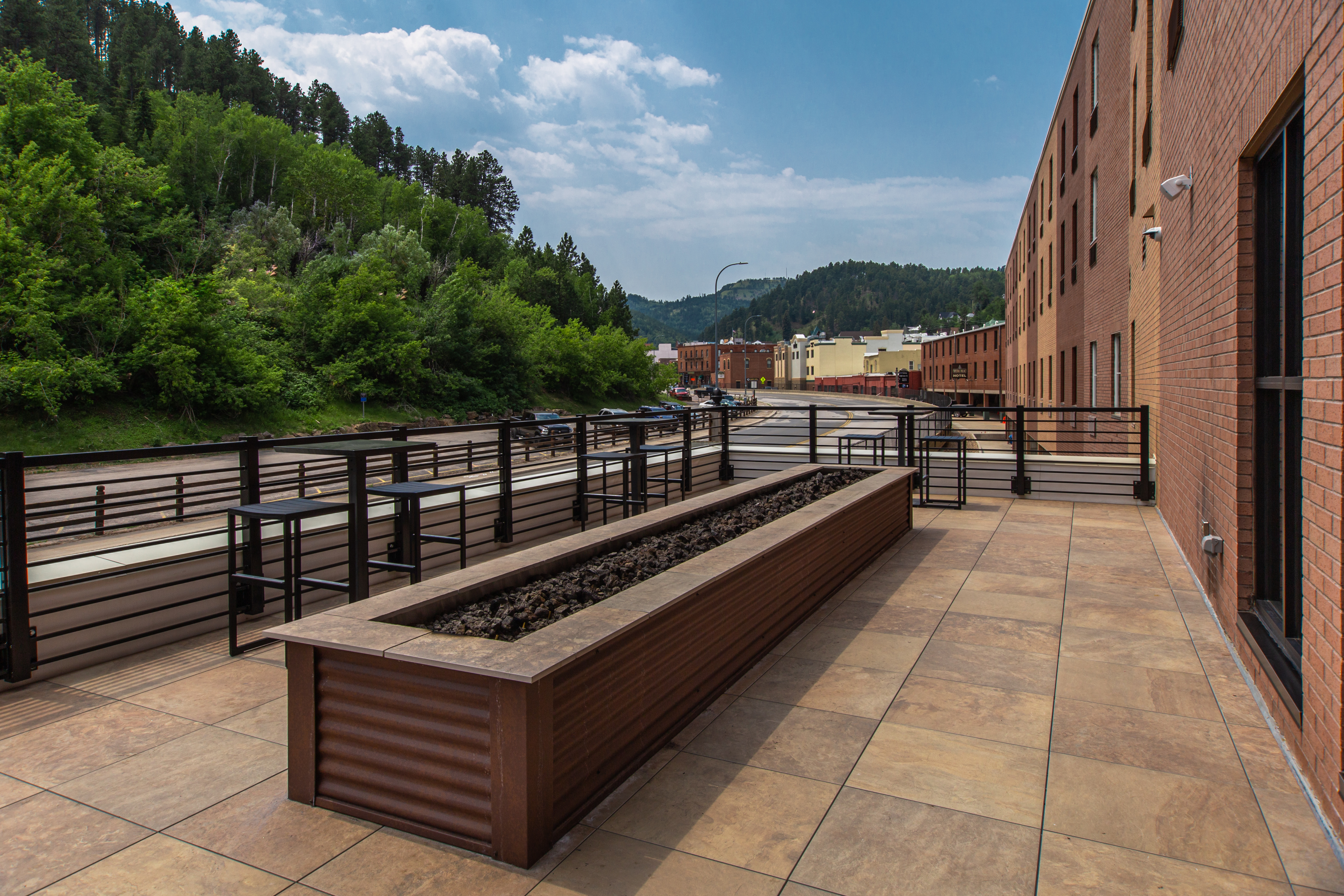
As a top product in the industry, Trex decks carry plenty of advantages for homeowners to enjoy, but how do they compare to Mbrico’s reinforced porcelain tile at patented systems? To offer an unbiased comparison, we asked Grok, the generative AI chatbot developed by xAI for X [formerly Twitter] to compare the two products. Here is the prompt:
“Compare Mbrico Tile Decks' reinforced porcelain tile to Trex composite products. Clearly define each category, define the strengths of both, but absolutely state which product holds the advantage as an outdoor decking product. These are the categories:
Aesthetics, Chromatic Stability, Cost, Durability, Eco-Friendliness, Freeze/Thaw Resistance, Heat Resistance, Installation, Longevity, Maintenance, Porosity, Scratch Resistance, Slip Resistance, Warranty, Weight Rating, Wind Uplift”
Read More: Mbrico vs Trex: Copilot Decides
This is the unbiased answer that Grok provided:
Here is a detailed comparison between Mbrico Tile Decks and Trex composite decking across the specified categories:
Aesthetics:
- Mbrico: Offers a wide array of finishes that mimic wood, concrete, or stone, providing a luxurious, modern look. The tiles can seamlessly blend indoor and outdoor spaces with their diverse color and texture options.
- Trex: Known for its wood-like appearance with various color options and grain patterns that strive to mimic natural wood.
- Advantage: Mbrico has a slight edge due to its ability to provide a more versatile aesthetic that can closely match indoor flooring materials, creating a cohesive design.
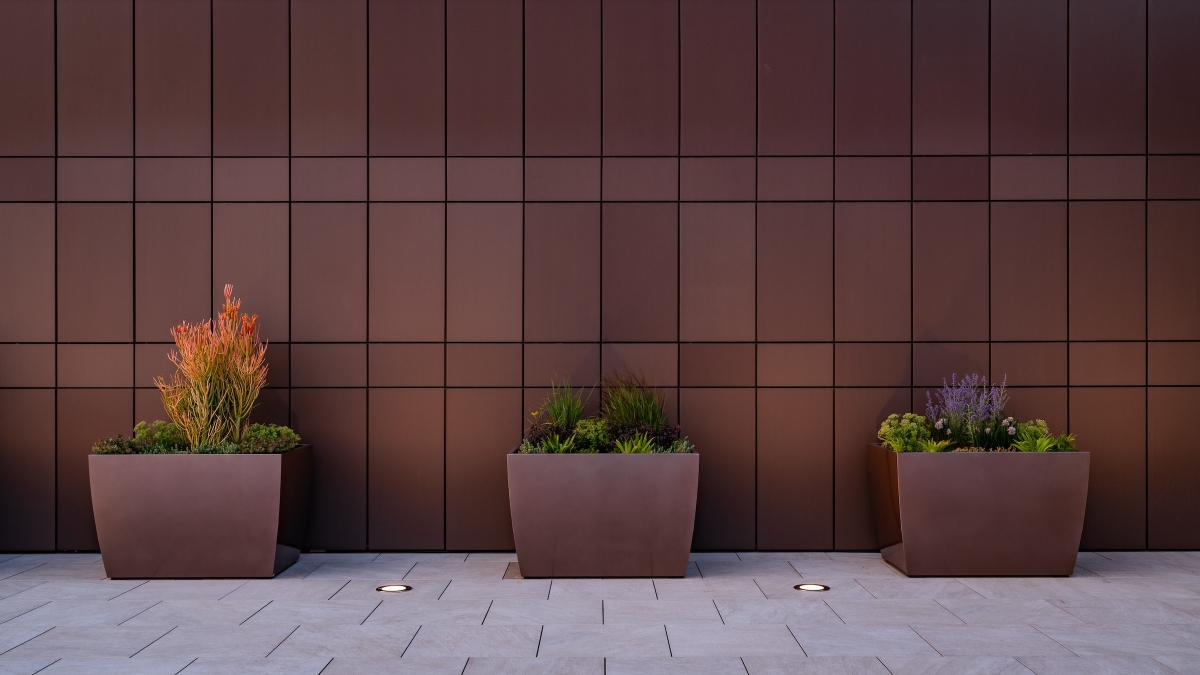

Chromatic stability:
- Mbrico: Through-colored design ensures that the color does not fade over time, maintaining its vibrant appearance.
- Trex: Uses UV inhibitors and protective layers to resist fading, but some color change might occur over an extended period.
- Advantage: Mbrico for its superior color retention over time.
COST:
- Mbrico: While initial costs might be higher due to the luxury material, the longevity and low maintenance could offset this over time.
- Trex: Generally less expensive than high-end porcelain tiles upfront, though total cost of ownership depends on maintenance and replacement frequency.
- Advantage: Trex for initial investment, but long-term costs might favor Mbrico due to durability and maintenance.
Durability:
- Mbrico: Extremely durable; each tile can bear significant weight and is resistant to many forms of wear and tear.
- Trex: Very durable, resistant to rotting, warping, and splintering, but might not handle extreme point loads as well as porcelain.
- Advantage: Mbrico for overall material strength and resistance to physical damage.
eco-friendliness:
- Mbrico: Manufactured with eco-friendly processes and materials; can be sourced from LEED compliant collections.
- Trex: Made from recycled materials, promoting less waste in production, though some environmental concerns remain about plastics in composites.
- Advantage: Mbrico for its use of natural, non-toxic materials.

freeze/thaw resistance:
- Mbrico: Resistant to frost with low water absorption, ideal for cold climates.
- Trex: Generally handles freeze/thaw cycles well due to its composition, though not as impervious as porcelain.
- Advantage: Mbrico due to its minimal water absorption.
Heat Resistance:
- Mbrico: Reflects heat; some colors have high solar reflectance, keeping surfaces cooler.
- Trex: Can absorb and retain heat, potentially becoming very hot under direct sunlight.
- Advantage: Mbrico for comfort in hot climates.
installation:
- Mbrico: Requires precision in installation due to its track system but can be done by skilled contractors without adhesives or grout.
- Trex: Relatively straightforward to install with standard decking tools, though still requires attention to detail for longevity.
- Advantage: Trex for ease, but Mbrico's system might appeal for its unique approach.
longevity:
- Mbrico: Designed for extended life with minimal degradation over time.
- Trex: Long-lasting but might not match the decades-long performance of Mbrico without eventual replacement of faded boards.
- Advantage: Mbrico for its expected lifespan.

maintenance:
- Mbrico: Requires very little maintenance; no sealing, staining, or special treatments needed.
- Trex: Low maintenance compared to wood, but might need occasional cleaning to prevent mold or algae growth.
- Advantage: Mbrico for its near-zero maintenance requirement.
porosity:
- Mbrico: Non-porous, reducing stain and water penetration.
- Trex: While not highly porous, it can still absorb some moisture which might lead to staining or slight expansion.
- Advantage: Mbrico for its non-porous nature.
scratch resistance:
- Mbrico: Highly resistant to scratches due to the hardness of porcelain.
- Trex: Can be scratched, though many higher-end products have protective caps to minimize this.
- Advantage: Mbrico due to its superior hardness.
slip resistance:
- Mbrico: Textured for ADA compliance, providing good traction even when wet.
- Trex: Can be slippery when wet unless textured or embossed, which some lines are.
- Advantage: Mbrico for better slip resistance in all conditions.

warranty:
- Mbrico: Typically offers warranties focusing on material integrity, color retention, and resistance to various damages.
- Trex: Provides extensive warranties, including fade and stain resistance, which can extend up to 50 years for structural integrity.
- Advantage: This depends on what aspects are most important to the buyer, but Mbrico might offer longer or more comprehensive coverage for certain aspects.
weight rating:
- Mbrico: Can handle significant weight due to its robust construction.
- Trex: Suitable for typical deck loads but might not match Mbrico in extreme weight scenarios.
- Advantage: Mbrico for its higher load-bearing capacity.
wind uplift:
- Mbrico: Designed with a system that resists wind uplift effectively.
- Trex: Standard installation methods might require additional measures for high wind areas.
- Advantage: Mbrico due to its engineered resistance to uplift.
Overall Advantage:
Mbrico Tile Decks holds the advantage as an outdoor decking product when considering factors like aesthetics, durability, eco-friendliness, maintenance, and performance under extreme conditions. While Trex is excellent in its own right, particularly for those looking for a more budget-friendly initial cost and straightforward installation, Mbrico excels in offering a premium, long-lasting, and visually cohesive solution with minimal ongoing care.
---
Grok appears to get most of the Mbrico information correct, but here is some information on Mbrico's product and systems Grok missed:
If you are ready to give your commercial rooftop or backyard patio a makeover, you can use our chat box, fill out a contact us form or email us for a free quote, free sample or any additional questions you may have on your project!
Read More: Mbrico Earns Second in Landmark's Porcelain Master Contest 2024
---
GRok's final score:
- Mbrico: 14
- Trex: 0
- Tie: 2
Grok appears to get most of the Mbrico information correct, but here is some information on Mbrico's product and systems Grok missed:
- In the "Installation" section, Grok gave advantage to Trex for "ease", but Mbrico's tongue-and-groove systems were designed for ease of installation. Experienced carpentry crews, deck/fence companies, or landscapers can install Mbrico.
- In the "Warranty" section, Grok leaves forgets to note that Mbrico proudly offers all clients a lifetime warranty.
If you are ready to give your commercial rooftop or backyard patio a makeover, you can use our chat box, fill out a contact us form or email us for a free quote, free sample or any additional questions you may have on your project!
Read More: Mbrico Earns Second in Landmark's Porcelain Master Contest 2024
